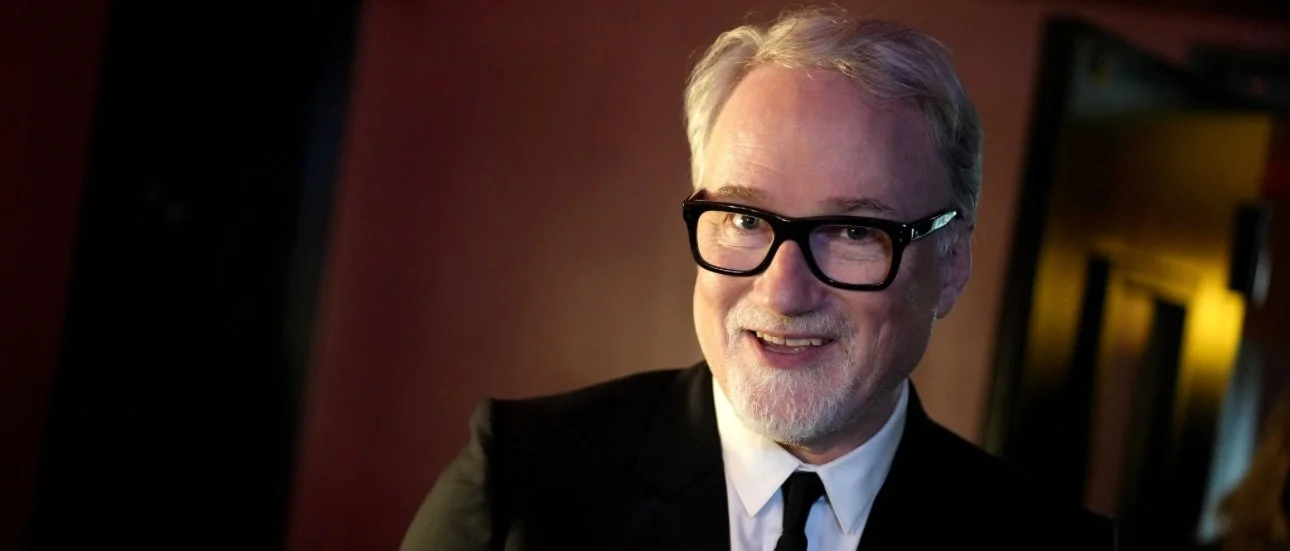
This is a movie site after all, but the line is continuously getting blurred as to what should be considered cinematic and what shouldn't. This year TV continued blurring that line. Thank god. While the Hollywood studio system repeatedly shoved down mega-budgeted, but empty/soulless blockbusters, television was hitting yet another peak of quality content. Although there wasn't anything as revolutionary or groundbreaking as last year's "Fargo," this year brought a lot more quality shows to the forefront. The key takeaway is that these shows, although broadcast on television or Netflix, had its directors influenced by cinematic tropes and shaming the product happening within the American studio system.
Just watch Steve Zaillian's masterful "The Night of" and then tell me it isn't "cinematic." Of course, it is. Zaillian is a screenwriter that made the jump from movies to TV after a career of scripting such notables as "Schindler's List," "A Civil Action," "American Gangster" and "Moneyball." As he explained it to the L.A. Times earlier this year: “The end of two hours is, of course, usually where most movies end. And that was just the beginning — we'd go on to make what were essentially three more movies. You can be in real time here in a way you never could be in a movie." Just look at all the great filmmakers that made the recent jump to television: Martin Scorsese, Steven Soderbergh, David Fincher, Steven Spielberg, David Lynch, Jane Campion.
1. OJ Made in America
2. The Night Of
3. Atlanta
4. Better Call Saul
5. The Americans
6. The People v OJ Simpson
7. Making Of A Murderer
8. Black Mirror - "Nosedive," "Be Right Back," "Shut Up and Dance"
9. Broad City
10. Silicon Valley





